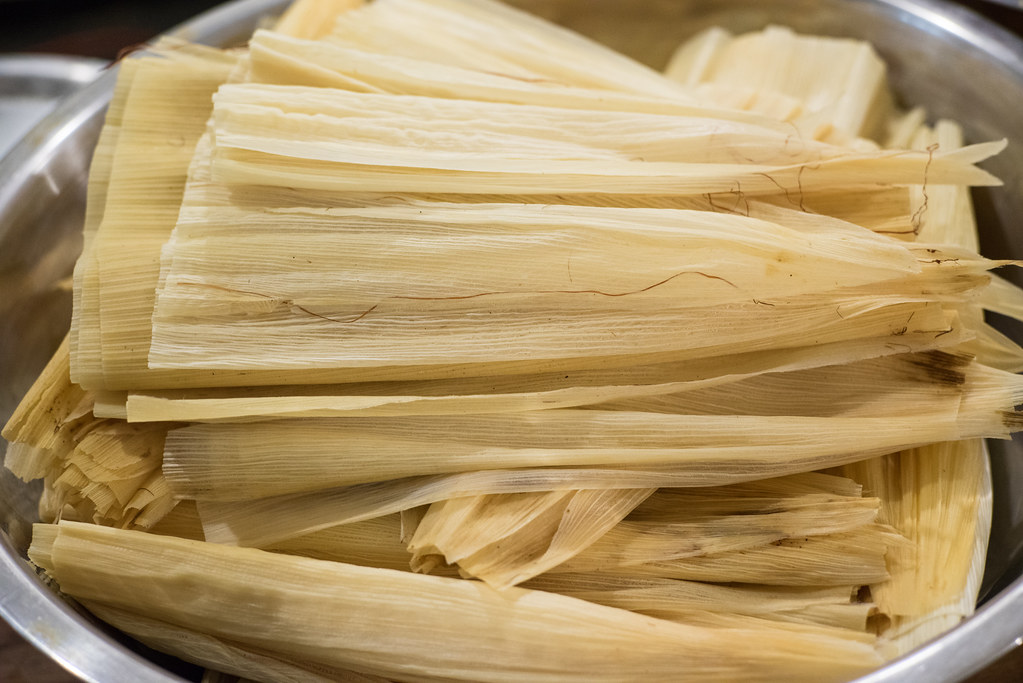
On Wednesday, President Obama’s U.S. Customs and Border Protection heroically apprehended a group of dead illegal alien seahorses, thereby protecting the great American tradition of not being overrun by deceased sea life and ensuring our continued safety from these dangerous aquatic creatures.
In honor of this momentous and heroic endeavor – which was apparently worthy of its own press release on the federal agency’s website even as tens of thousands of illegal alien people continue to stream across our nation’s borders – we’ve compiled a list of the CBP’s Greatest Hits, detailing the catastrophes our country has avoided thanks to the stalwart protection of President Obama’s border policies.
Be grateful, feel safe, and enjoy.

Undocumented worker bees.
In May of last year, CBP busted a group of 40 undocumented worker bees who would have most certainly stolen jobs from the perfectly legal worker bees already struggling to find employment in the United States. MRCTV documented this narrowly-avoided economic disaster at the time:
U.S. Customs and Border Protection (CBP) agents at a Laredo, Texas port of entry stung a honey bee smuggling operation, seizing a cache of undeclared live queen and worker honey bees from a group of travelers in a pickup truck.
The bust of undocumented alien bees is unprecedented, Port Director Joseph Misenhelter says:
'This interception of multiple colonies of live honey bees is an unusual discovery, something not seen in recent memory and reflects the commitment of our well-trained agriculture specialists to uphold CBP’s agriculture mission and prevent the import of foreign insects without appropriate permits.'
Phew. Bullet dodged.
Fake – we’ll say it again, FAKE – Monster Tails.
Merely five months before apprehending the dangerous group of illegal alien bees, CBP boasted it had apprehended 200 illegal alien Monster Tail kits that are inexplicable dangerous to potential buyers – although we’re still not sure how. The agency also went to great lengths to assure the public these "monster tails" were, indeed, fake.
“U.S. Customs and Border Protection officers working at the Dallas/Fort Worth International airport seized 200 Rainbow Loom ® Monster Tail ™ kits, Nov. 16,” CBP reported at the time.
CBP explained that fake Monster Tails can be dangerous:
“For this particular seizure, a primary concern was the risk the counterfeit kits posed to the consumer. Rainbow Loom ® cautions against purchasing counterfeit kits with illustrations of the dangers fake kits pose to consumers.”

Illegal alien tamales.
If your grandmother happens to be Mexican and you’ve been hankering for some of her cookies, you might want to think again before asking her to bring you that batch of cookies when she comes to visit. MRCTV reported last year that CBP bragged about catching a women bringing illegal tamales into LAX, the same week that eight Syrian aliens were caught crossing the Southwest border illegally.
“U.S. Customs and Border Protection (CBP) agriculture specialists assigned to the Los Angeles International Airport (LAX) seized 450 prohibited pork meat tamales discovered inside the luggage of a passenger arriving from Mexico, on November 2,” CBP explained in a November press release.
The passenger was slapped with a $1,000 fine for bringing the illegal alien snack food across U.S. borders – more than the fine usually imposed on people crossing the border illegally – and the tamales were destroyed “under CBP supervision,” lest they get wildly out of control.

Unlawful flowers.
Exactly two months after bragging about deporting 0.0002 percent of the criminal illegal aliens residing in the United States, CBP issued a preemptive press release reminding passengers traveling in and out of the United States around Valentines Day not to bring dangerous illegal alien flowers with them into the country. MRCTV reported at the time that on the eve of the biggest flower-buying day of the year, U.S. Customs and Border Protection warned of dangerous illegal alien flora that could pose a grave threat to American dining room tables everywhere.
From the CBP media release:
With Valentine’s Day approaching, U.S. Customs and Border Protection officials want to remind travelers of prohibited flowers from Mexico, so there are no surprises at the border.
Chrysanthemums, gladiolas, and orange jasmine from Mexico, are prohibited through the passenger ports of entry. Travelers cannot bring floral arrangements with those flowers into the country.
Roses, carnations, and most other cut flowers are allowed into the U.S. after they pass inspection. However, plants potted in soil cannot be brought from Mexico. Travelers must declare all flowers and plants to CBP officers.

Undocumented quail eggs.
Apparently, sea horses aren’t the only threats streaming in from Vietnam. Back in February, CBP confiscated 120 quail eggs from one traveler’s luggage, potentially ruining the man’s gourmet dinner while protecting America from a disaster most fowl.
U.S. Customs and Border Protection agriculture specialists at the Dallas/Fort Worth International Airport seized 120 hatching quail eggs from an international traveler arriving from Vietnam.
The traveler was carrying the fertile eggs packed in rice hulls in his luggage and verbally declared the agriculture item to a CBP officer who referred the traveler for a baggage exam.
“CBP agriculture specialists are America’s frontline in protecting the nation’s agriculture and livestock industry by intercepting pests, plant disease and prohibited or restricted agriculture items at the ports of entry,” said Dallas CBP Port Director Cleatus P. Hunt Jr. “These types of seizures protect our food sources from invasive and dangerous threats.”
The agency stated they destroyed the quail eggs by using “steam sterilization.”

Criminal alien hoverboards.
One day before seizing the illegal alien quail eggs, CBP issued this press release assuring the American public they had confiscated a shipment of dangerous hoverboards.
CBP officers inspected a shipment and discovered hoverboards containing batteries, manufactured in China and displaying the “Samsung” trademark. CBP officers determined that the mark was counterfeit. The seized hoverboard shipment was valued at more than $16,000.
“Counterfeit and pirated products threaten our economic security and undermine legitimate businesses that invest significant resources into manufacturing safe, quality products. Even worse, these products often pose serious health and safety hazards to the people who buy and use them,” said Edward Ryan, Assistant Director of Trade for Puerto Rico and the U.S. Virgin Islands. "Enforcing product safety laws and protecting intellectual property rights are top priorities for CBP."
The report came two days after CBP issued two other press releases detailing how the agency had confiscated two more shipments of illegal alien hoverboards, which is clearly a high priority for the Obama administration.

Deadly headlights.
Apparently, CBP was worried about these headlamps creating a dangerous glare that could pose a hazard to drivers. From the agency’s press release at the time:
"Ensuring the safety of imported products is a top priority for CBP," said Edward Ryan, Assistant Director of Trade for Puerto Rico and the U.S. Virgin Islands. "The concerted targeting efforts and vigilance of CBP officers and import specialists at our ports of entry will help ensure that unsafe products from overseas markets do not reach our roadways."
CBP officers seized the shipment following the determination that the equipment failed to meet DOT requirements that headlamp replaceable light sources be marked with the light source type, the light source manufacturer's name or trademark, and the DOT symbol indicating certification of compliance with governing regulations.
